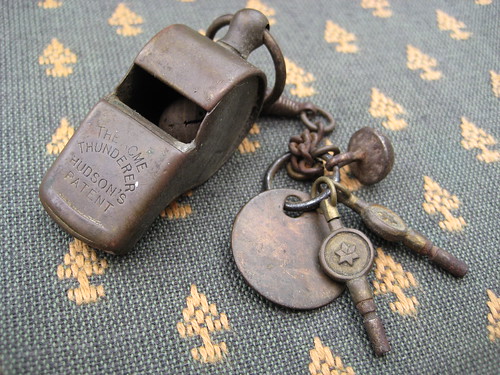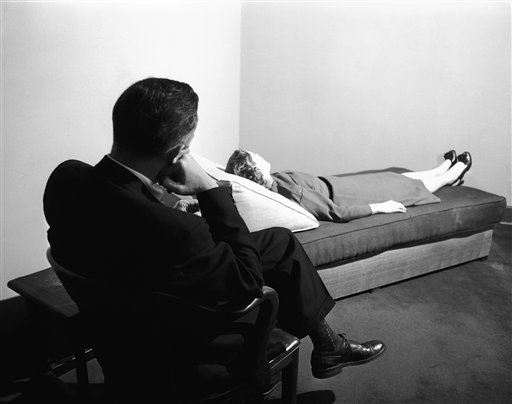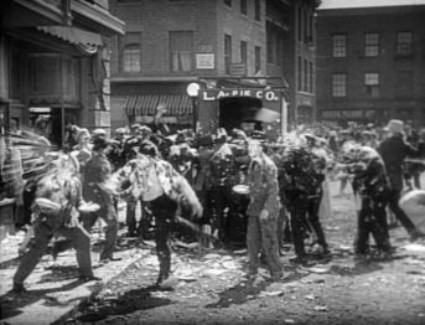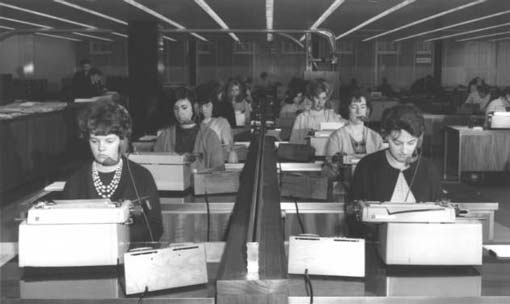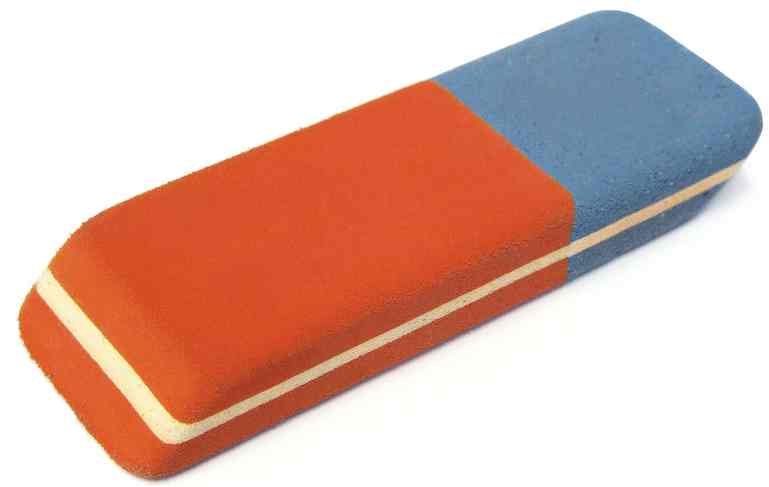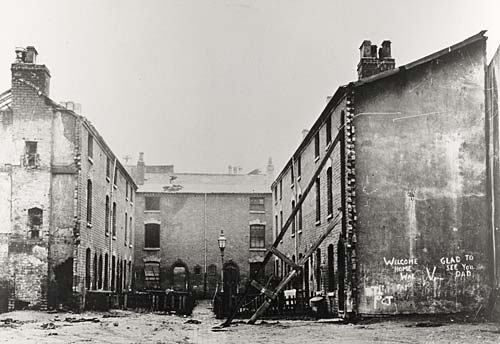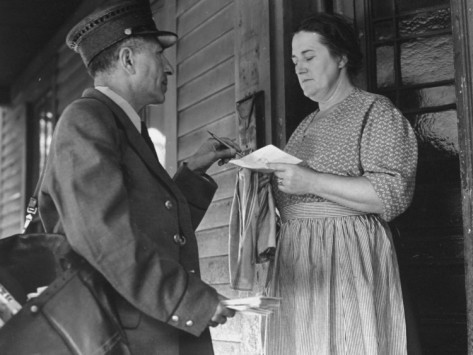If there’s one thing you learn at school, and if the current Education secretary gets his way it many be soon the only thing, it’s this: no one likes a tell tale tit.
Watching The Sweeney, you may have picked up this: nobody likes a grass.
In fact the only positive cultural representation of an informer that is easy to find is Starsky and Hutch’s Huggy Bear: and you can bet that he had to run the gauntlet of hate from the other boss pimps in the area.
So, given that we don’t like people what ‘tell’ how do we make sure that those in the know can reveal terrible problems in institutions without undue opprobrium? Back in the early ‘70s US civic activist Ralph Nader coined the phrase “whistleblower” to avoid the negative whistleblower charges and also negative connotations found in other words such as “snitches”, “grasses” and “bastards”. He took his cue from the practice of giving a healthy toot on a whistle when there was a problem—be that a referee spotting a running back smacking a quarterback blind-side, offside, in the bastardisation of rugby that the yanks play or the lookout on the Titanic seeing (all too late) a metric shittonne of ice.
Those metallic tooting machines—they came from Birmingham. The whistles on the Titanic were the famous Acme Thunderer, designed by Joseph Hudson’s company who also supply refereeing aids worldwide. Hudson was a farm worker from Derbyshire who moved to the city like so many during the Industrial Revolution, and trained as a toolmaker.
He converted the wash house at the side of his end of back to back home in St Marks Street into a workshop where he made many things to help increase his family’s income. The company are still making a racket to this day—in Hockley.

